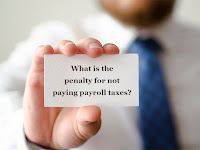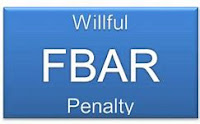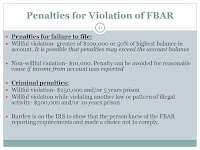According to Law360, The U.S. Tax Court can't consider a California company's day-late challenge to an IRS bill, the court ruled on November 29, 2022, despite a recent U.S. Supreme Court decision in Boechler concluding that a different tax code deadline was not jurisdictional and didn't necessarily bar late cases.Hallmark Research Collective's suit challenging the deficiency notice from the Internal Revenue Service is barred by the 90-day deadline for such cases under Internal Revenue Code Section 6213(a), the Tax Court's 17 judges said in a unanimous opinion.
History Of Section 6213(A) Indicate That Congress
Intended For The Deadline To Be Jurisdictional.
Hallmark filed its 2015 return late and failed to file its return for 2016, after which the IRS prepared a return on its behalf and sent a deficiency notice outlining taxes, penalties and additions to tax owed for both years, according to the Tax Court's opinion. The company filed its Tax Court petition challenging the deficiency notice one day late in September 2021, after which the Tax Court dismissed its case, finding it lacked jurisdiction because of the untimely petition, according to the opinion.
But the Supreme Court issued its opinion in law firm Boechler PC's case just a few weeks after the Tax Court dismissed the Hallmark case. In their opinion from April, the justices said that statutory filing deadlines must be clearly stated as jurisdictional in order for them to be construed as such.
IRC Section 6330(d)(1)'s filing deadline, the one in dispute in Boechler, doesn't clearly connect to the authority given to the Tax Court to consider collection due process cases, the Supreme Court found. That meant that the Tax Court had the authority to consider the day-late case filed by Boechler, according to the high court.
Hallmark then asked the Tax Court to reconsider dismissing its Section 6213 case, arguing that the Supreme Court's reasoning was applicable to the dispute over the deficiency statute. But the Tax Court found on November 29, 2022 that Section 6213 does clearly predicate the court's jurisdiction on timely filings of deficiency cases, using the same "clear statement" rule that the Supreme Court used in the Boechler case, according to the opinion.
The 90-day deadline requirement being placed in the jurisdictional portion of Section 6213 supports the Tax Court's conclusion that the deadline is meant to be a time bar, the court said. The actual language of the statute also supports this conclusion, as does the fact that Congress has repeatedly amended the statute to accommodate some extenuating circumstances that could inhibit compliance with the deadline, according to the opinion.
"Congress recognized that the Tax Court does not have the power to extend the jurisdictional deadline imposed by Section 6213," the court said. "Thus, Congress, in the course of its amendments, has treated the deadline of Section 6213(a) (and its predecessor statutes) as a jurisdictional deadline that the Tax Court cannot alter or toll."
Have an IRS Tax Problem?
Contact the Tax Lawyers at
www.TaxAid.com or www.OVDPLaw.com
or Toll Free at 888 8TAXAID (888-882-9243)



















